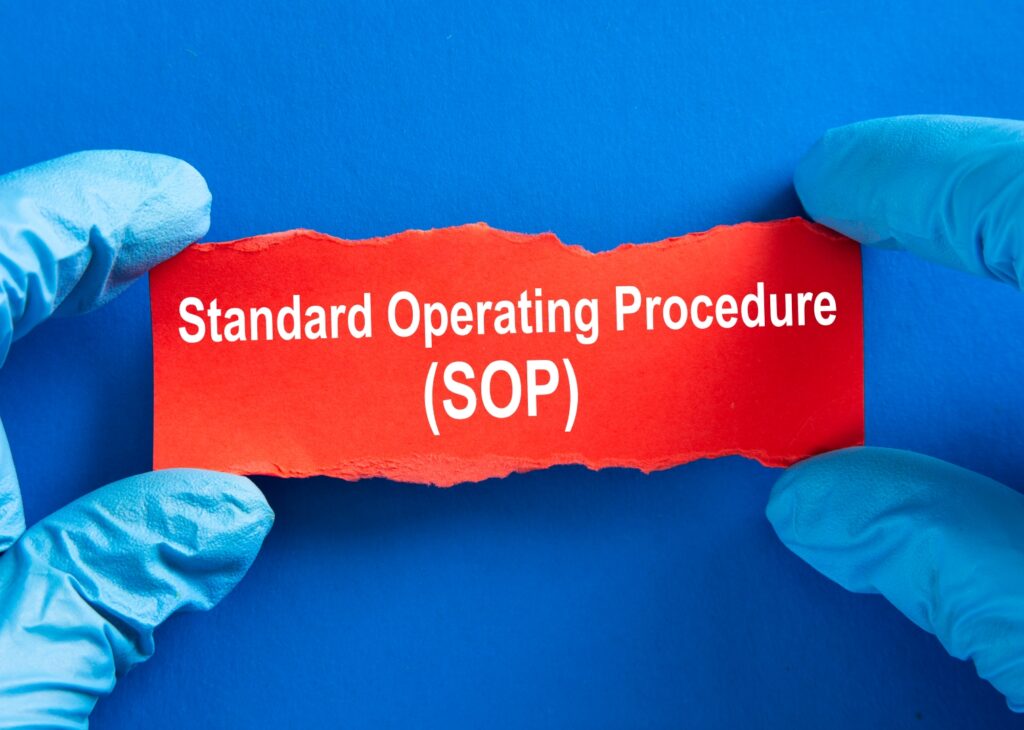Publications on HPTLC
Discover our extensive library of publications on HPTLC, designed to support researchers, analysts, and scientists in expanding their understanding of High-Performance Thin-Layer Chromatography. This curated collection includes scientific papers, case studies, and application notes, covering a wide range of industries such as pharmaceuticals, food safety, cosmetics, environmental science, and herbal drug analysis.
Need some help?
Enjoy faster, more accurate analyses, reduced costs, and improved results. We are here to make it happen









